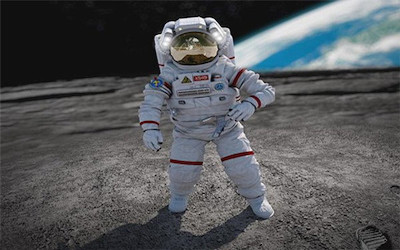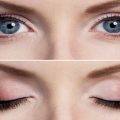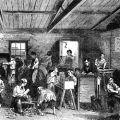PTE考生目前最大的问题之一就是练习题缺乏。除了有限的基本官方书(PLUS,Testbuilder, OG)之外就没有题了。很多英语基础不是很扎实的同学很难找到练习材料。悉尼文波雅思PTE培训学校专门为澳洲,尤其是悉尼、墨尔本的PTE考生准备了适合PTE听力阅读练习的科学60秒。各位PTE同学可以练习PTE听力中的summarise spoken text和PTE口语中的retell lecture,PTE听力口语-科学60秒-Frosty Moss练习记笔记技巧和复述。废话少说,下面开始:
听力内容:
60秒科学节目(SSS)是科学美国人网站的一套广播栏目,英文名称:Scientific American – 60 Second Science,节目内容以科学报道为主,节目仅一分钟的时间,主要对当今的科学技术新发展作以简明、通俗的介绍,对于科学的发展如何影响人们的生活环境、健康状况及科学技术,提供了大量简明易懂的阐释。
This is Scientific American — 60-Second Science. I’m Karen Hopkin.
Got a minute?
Time spent in zero G changes the body: Astronauts come home with bone loss and muscle weakness. But what happens in their heads? To find out, researchers examined MRI’s of astronauts’ brains taken before and after flight. They looked at 12 astronauts who spent two weeks on the shuttle crew and 14 who spent half a year on the International Space Station.
What they saw is that the spacefarers’ gray matter appeared compressed…particularly around the front and sides of the brain and the area around the eyes. That’s probably due to a redistribution of cerebrospinal fluid, which is no longer being pulled down by gravity, the researchers say.
The exception to this compression is in a small area of the brain that controls the feeling in, and movement of, the legs. This region expanded in the astronauts—particularly the ones who spent six months circling the earth. That change, the researchers say, could reflect the formation of new neural connections as the brain tries to adapt to the weightless conditions. The study is in the Nature partner journal Microgravity.
The findings could have applications back here on terra firma. For example, we could learn more about treating the brain changes that take place in people who are on extended bedrest, with their feet elevated and thus higher than their heads.
The brain change is yet another thing that future space travelers, like those that may someday head to Mars, should keep in mind. No matter what size that mind may be.
Thanks for listening for Scientific American — 60-Second Science Science. I’m Karen Hopkin.
墨尔本悉尼文波PTE原创首发
更多精彩请持续关注微信wenbo_tv3。





